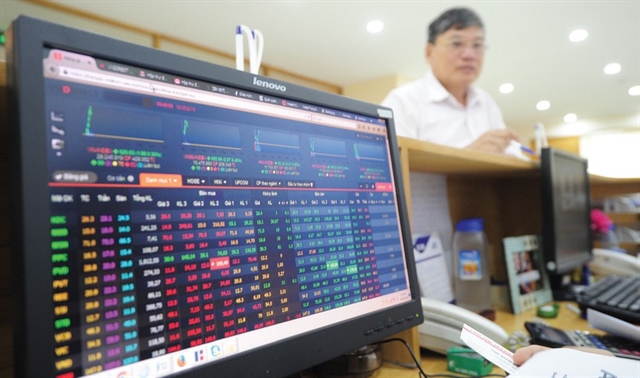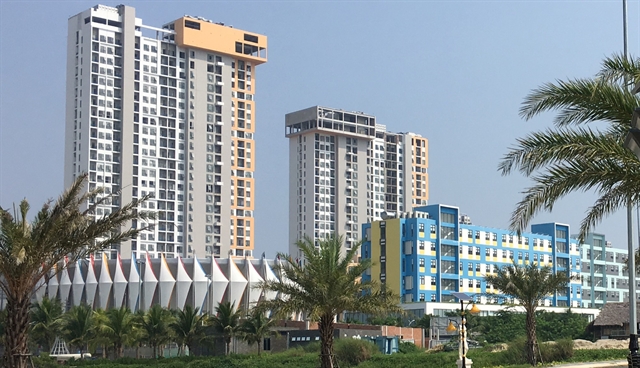
HÀ NỘI — Shares of sugar companies have gained sharply as raw sugar prices are skyrocketing on the world market.
Since early this year, Sơn La Sugar JSC (SLS) stocks rose 48 per cent, Kon Tum Sugar Joint Stock Company (KTS) has increased by 34 per cent, Lam Sơn Sugar JSC (LSS) has gained by 32 per cent and Thành Thành Công – Biên Hoà JSC has climbed 19 per cent.
In the 2018-2019 crop year, SLS produced 625,892 tonnes of sugarcane. The company currently owns 7,800 hectares, equivalent to 3.3 per cent of the country’s sugarcane material area, ensuring stable raw materials.
As for KTS, the company mainly purchases raw materials from farmers so it has to face price fluctuations. In the past year, KTS itself produced more than 80,600 tonnes of sugarcane, purchasing more than 60,600 tonnes from outside.
As of December 31, 2019, KTS has a total asset of VNĐ317 billion, of which construction costs for unfinished projects were VNĐ202.6 billion, accounting for 64 per cent of total assets.
Up to 70 per cent of the raw material area of LSS is small, fragmented land on hills, which is difficult to apply synchronous mechanisation, leading to low efficient cultivation and instability of raw materials provision. LSS’s profits plummeted from VNĐ102 billion in 2015 to only VNĐ1.3 billion in 2018.
On the global market, the prices of raw sugar, since mid-September last year, has soared from 10.75 US cents per pound to 15.78 cents, an increase of 46.6 per cent, while from the beginning of 2020, they jumped 19 per cent.
Prices rose sharply despite the world instability in the Middle East and the damages caused by the COVID-19 virus in China.
In 2018, the 10 largest exporting countries accounting for 67.9 per cent of total world production included Brazil, Thailand, France, India and Germany. Major importing countries were Indonesia, the US, China, Malaysia and Italy.
There are many reasons for the rise in world sugar prices. Thailand, the world’s second largest sugar exporting country after Brazil, forecasts crop output will decrease by 28 per cent in 2020, reaching about 10.5 million tonnes, the lowest in the past nine years due to the prolonged dry season which lasted till May 6 last year, instead of ending April like every other year.
Thai sugar exports are expected to fluctuate between six and seven million tonnes this year, instead of 11 million tonnes in 2019, which is down 36 per cent to 45 per cent year-on-year.
India, the world's biggest sugar producer and biggest consumer, also forecasts that production in 2020 will decrease by 18 per cent.
Việt Nam’s sugar industry is also expected to face difficulties as the country drops tariffs on imported sugar from ASEAN under the ASEAN Trade in Goods Agreement (ATIGA) in 2020.
According to ATIGA, which took effect January 1, import quotas will be removed for sugar imports from ASEAN countries to one another and those products will be taxed only 5 per cent.
That has raised concerns over strong competition that local sugar producers will face if sugar imports from other ASEAN economies enter Việt Nam. VNS































